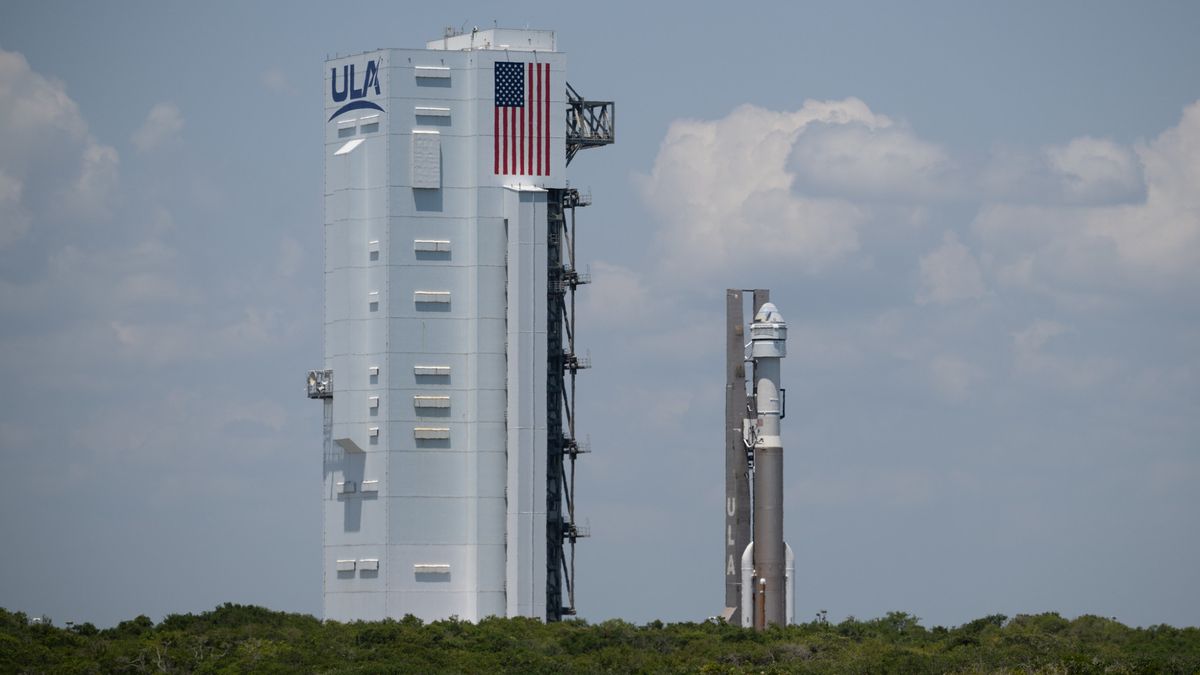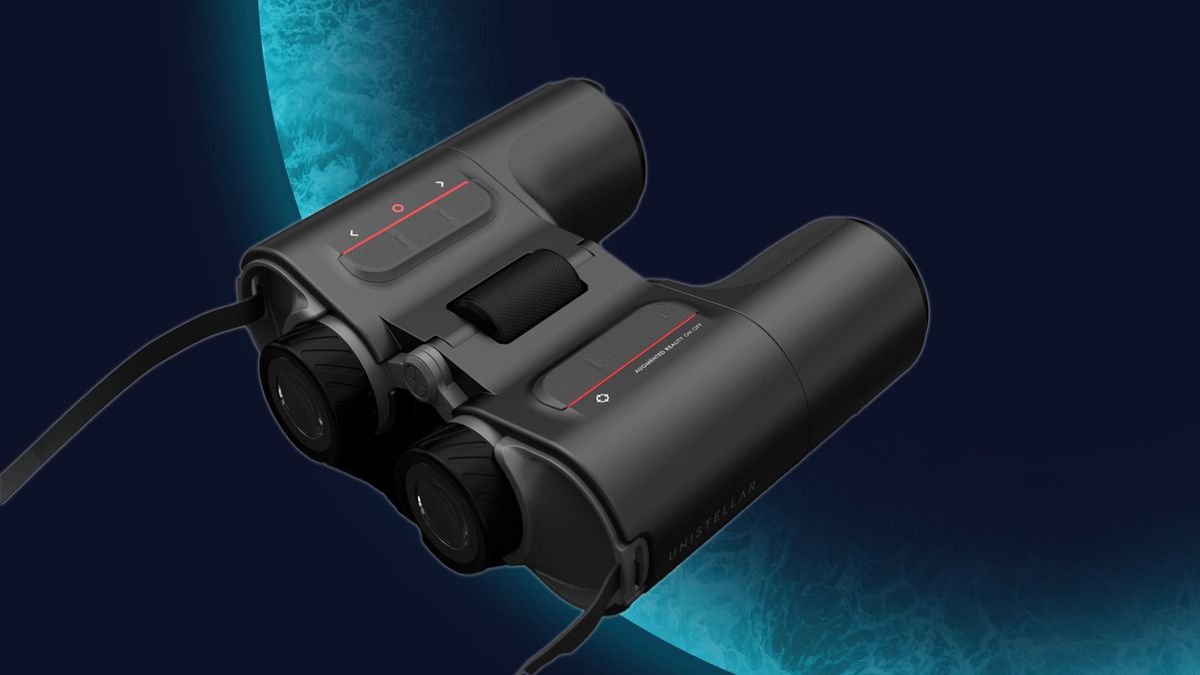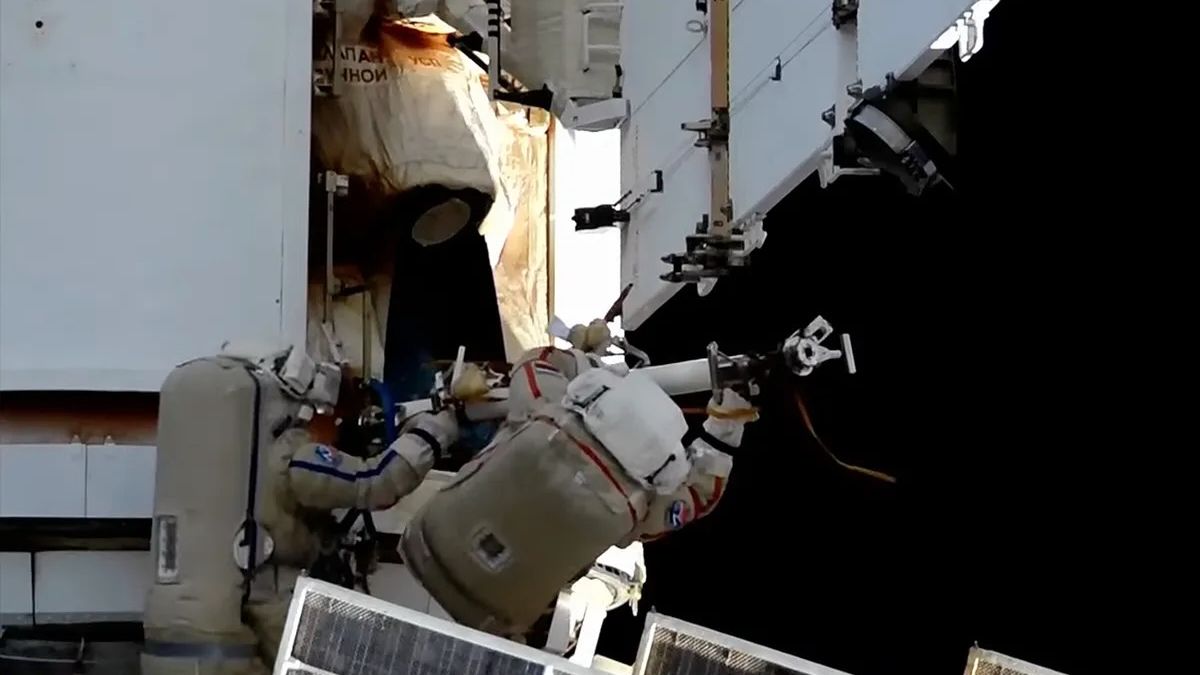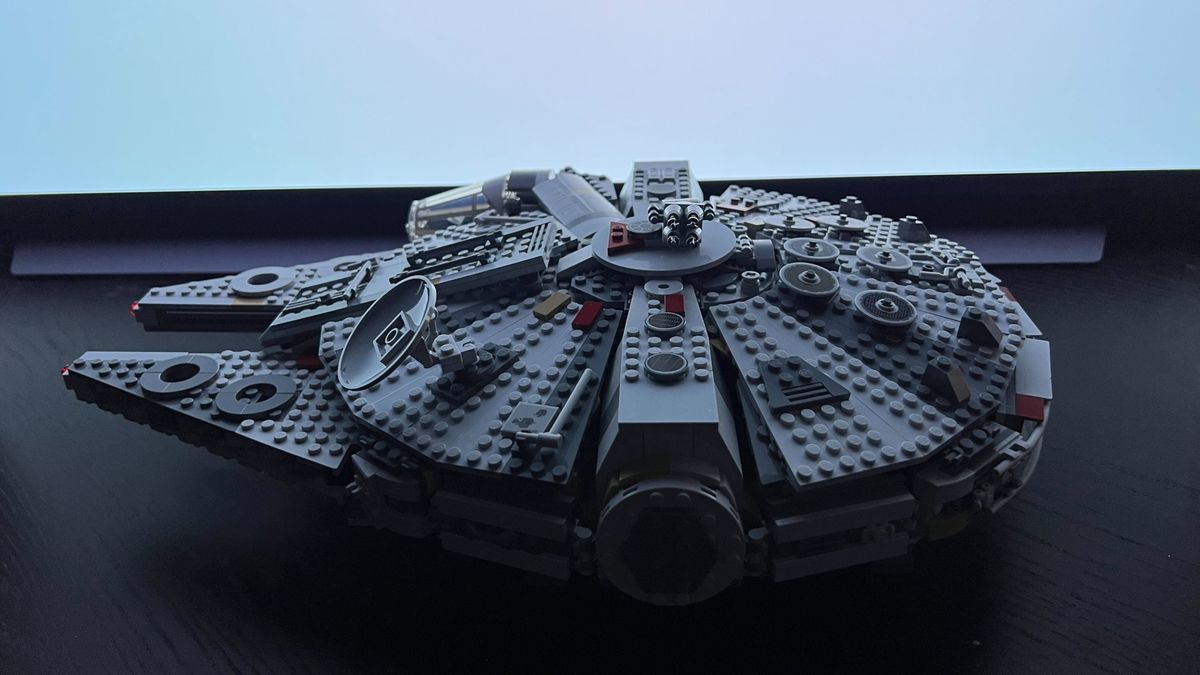Boeing’s Starliner Capsule Crewed Debut Postponed
The inaugural crewed flight of Boeing’s Starliner capsule has been delayed by an additional four days. Originally slated for liftoff this Friday, May 17, the mission, known as Crew Flight Test (CFT), was set to transport NASA astronauts Suni Williams and Butch Wilmore to the International Space Station (ISS) for approximately eight days. However, due to the detection of a minor helium leak in Starliner’s service module, the launch date has been rescheduled to May 21 according to an announcement made by Boeing on May 14.
Starliner is set to be propelled into space atop a United Launch Alliance (ULA) Atlas V rocket from the Cape Canaveral Space Force Station on Florida’s Space Coast. The May 21 launch is scheduled for 4:43 p.m. EDT (2043 GMT) and will be livestreamed on Space.com.
Series of Delay Announcements
Notably, this latest postponement is just one in a series of delays that have plagued the CFT mission. Initially planned for May 6, the launch was aborted only two hours before liftoff due to an issue identified with a valve in the Atlas V’s Centaur upper stage. After rescheduling the launch for May 10, and then subsequently to May 17 to accommodate the replacement of the faulty valve, the newfound helium leak has now necessitated another delay.
Boeing reported that they have successfully replaced the troublesome valve and have identified the source of the helium leak to be a flange on a single reaction control system thruster located in Starliner’s service module. These thrusters rely on helium to function correctly, though the gas itself is not burned during operation.
Addressing the issue, Boeing stated, “NASA and Boeing are currently working on spacecraft testing and operational solutions to rectify the problem. As part of the testing process, Boeing will pressurize the propulsion system as it would before launch and then allow the helium system to vent naturally to validate existing data and reinforce flight readiness.”
Crew Flight Test Mission Details
Once launched, the CFT mission will mark Starliner’s third flight, following two uncrewed missions to the ISS. The spacecraft faced challenges on its maiden voyage in December 2019, failing to dock with the space station as intended. However, it achieved success during its second attempt in May 2022.
The upcoming mission serves as a pivotal test for Starliner, determining its readiness to ferry NASA astronauts on extended journeys to and from the ISS. Boeing holds a $4.2 billion contract with NASA for this purpose, signed in 2014 alongside a similar agreement with SpaceX valued at $2.6 billion. SpaceX, led by Elon Musk, conducted its CFT equivalent in 2020 and is currently engaged in its eighth operational astronaut mission to the ISS for NASA.
Image/Photo credit: source url





